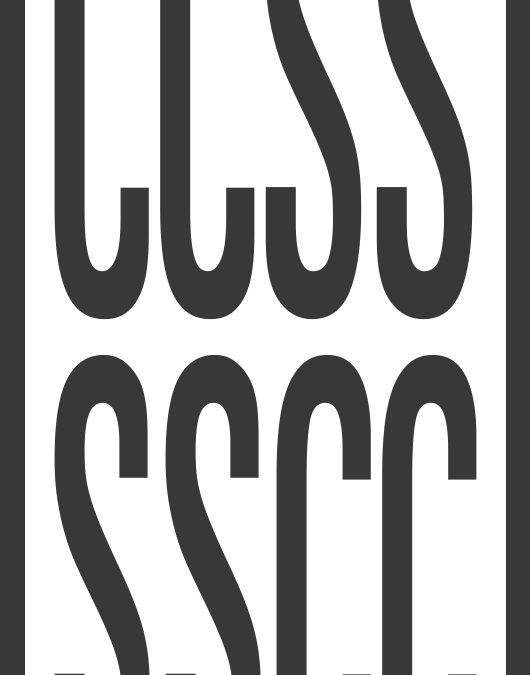While the air in the room is mostly being eaten-up by comments, declarations, and discussion of AI, this is merely the latest in a long line of machine and digital automation (and, therefore, transformation) of work (and play!).
For so long, people with their eyes open to technological development have, rightly, worried about technology’s impact on jobs. Just a few years ago, it was for truck and taxi drivers. And, the answer to everything education and job-wise for the last 20 years has been… STEM!
This has been a grave mistake. If you understand digital (and many other) technologies, you can quickly see the pattern: when technology does something better than people, those jobs go away. It’s not a particularly brilliant conclusion. The exceptions to this, of course, are where people LIKE to do something but that turns the “job” into a hobby.
So, with all of the talk of AI (which is really just the latest machine automation and has nothing to do with actual intelligence), it’s time to look again and evaluate what these technologies do better than humans.
The answer is: math. I would also accept: statistics.
Computers and other forms of digital technology thrive on the fact that they do math and mathematical functions faster and better than humans in most every way. But, it seems like all of STEM’s proponents (and the schools and funders behind them) haven’t noticed.
Where is the match in STEM? Well, it’s the M. And, it’s much of the S, T, and E. I’m not arguing that there is no more than math in these other disciplines. In fact, it’s the opposite. If you want to know how effective people in STEM and other domains will be in the future, it is precisely the non-math tools, processes, and abilities that will become clear.
In other words, we should be teaching the skills that computers aren’t better than us at.* So let’s take a look at what humans do better than computers and maybe we’ll have a clear idea of the skills that education, management, hiring, and working should be focused upon…
The Four Cs and the Four Ss
Here is the basis for skills that humans will need to function in work and life in an increasingly computerized world:
- Critical Thinking Skills
- Creative Thinking Skills
- Communication Skills
- Collaboration Skills
- Systems Thinking Skills
- Strategic Thinking Skills
- Social Impact Assessment
- Sustainable Impact Assessment
Now, consider what job titles and descriptions emphasize today? Consider what curricula emphasize today? Most of the above skills are given lip-service (if they’re mentioned at all) or only teach vague, cursory tools and processes in the above.
I‘m fortunate to teach in a program created with nearly all of these in mind. Likewise, when given the chance to create an MBA from scratch, all of these were the skills that topped the long list of nice-to-have skills. Does the program you teach or learn in emphasize all of these? Shouldn’t it? Does your alma matter prioritize the same?
Does the job you’re applying to emphasize these (or even care that you might have some of them)? Does your company regularly stipulate that these are the basis for your employment and success? Shouldn’t they? If not, do you think that job will be around in the next 10 years?
Machine automation took a giant leap forward in the past 2 years, accelerating a process that has been running for hundred of years. Now, we need to readdress what skills to teach our children or train our HR bots to identify. Many fields may lose 50-80% of their jobs because machine automation can now mimic mediocre work of many more types. It turns-out that much of the work required for business and entertainment was always pretty mediocre. There will always be strategic and forensic jobs in even the most easily replaced math jobs (think: accountants and bookkeepers). But, the vast majority of these are already being replaced (and they’re coming for you tax preparers). More on this here.
What happens when 50% of the jobs in your field simply disappear? Think of the machinists in factories over the past 30 years watching their jobs be offshored to places with cheaper labor. It was easy to think that “white-collar” jobs were more durable but ChatGPT (and other Ais) have laid that folly bare.
Ok, so what can you do?
Start learning the Four Cs and the Four Ss. You don’t need to go get a degree, though many of us need a focused form of learning. There are books and other media that teach some of the above skills, but many of them need to be learned in practice, like critical and creative thinking skills, and communication and collaboration skills. This means that reading or learning on your own won’t be enough (there’s your edge on AI, BTW). The most important of these skills need to be learned with others, in community. So, go find the communities (at work, at home, at school, and anywhere else) that will help you learn them. I list many tools and resources on my homepage and in this long, beggin-to-be-updated list of resources. But, I’, sure you can find many of your own. Talk to your colleagues or people you recognize as having these skills (and are also good explainers).
We’ve got a little time before machine automation transforms the job market completely. Use that time wisely.
* Yes, of course, there will always be a need for people to know a certain level of math skills and we can argue about where that the line is. Children need to be taught basic math in order to function in our world as adults. It also structures thinking in helpful ways, as does learning multiple languages.

Recent Comments